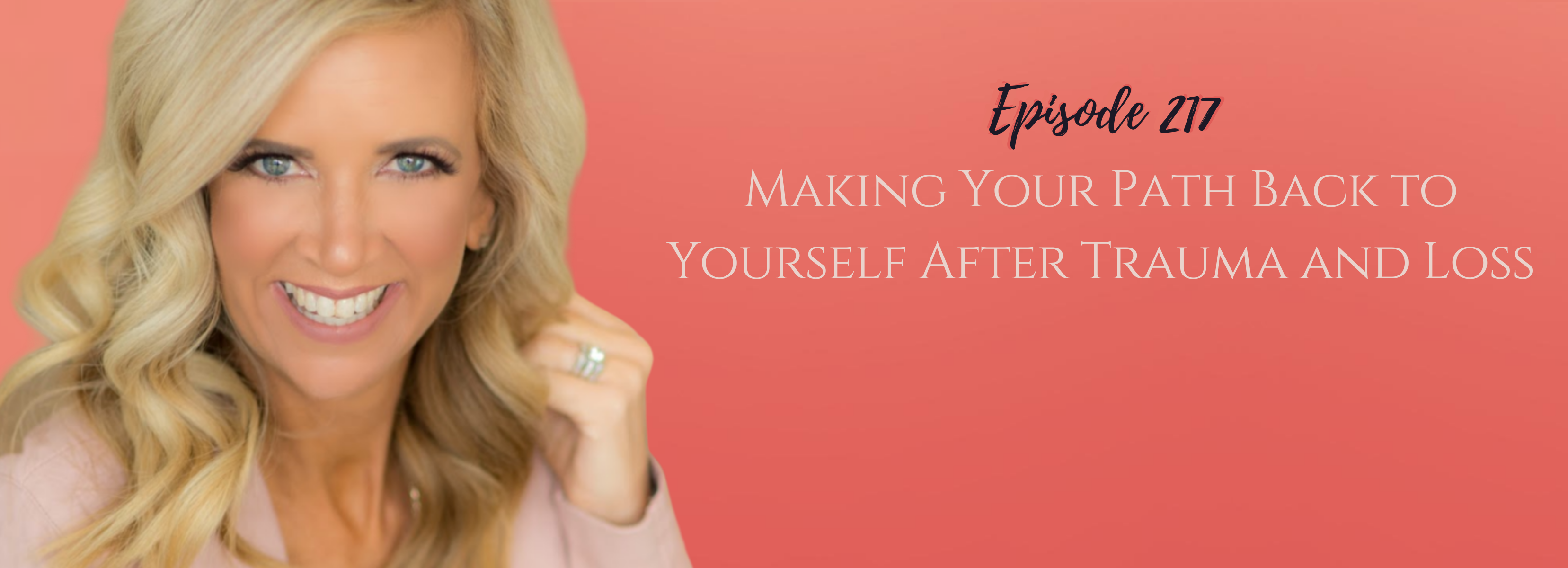
Making Your Path Back to Yourself After Trauma and Loss with Suzanne Anderson | 6.14.2022
In this episode, Kristen talks with Suzanne Anderson, author of "Finding Your Way Back: A Guide to Reclaiming Your True Self," about navigating the challenging journey of healing after trauma and loss. They share practical strategies and empowering perspectives to guide you on your path to self-restoration.
You'll Learn
- The importance of validating your emotions and practicing self-care after trauma and loss.
- Strategies to challenge limiting beliefs and foster self-compassion during the healing process.
- The role of community and support systems in finding your way back to yourself.
- Techniques for setting boundaries and empowering yourself on your healing journey.
- How to cultivate resilience and discover new meaning and purpose in life after experiencing trauma or loss.
Resources
For counseling services near Indianapolis, IN, visit www.pathwaystohealingcounseling.com.
Subscribe and Get a free 5-day journal at www.kristendboice.com/freeresources to begin closing the chapter on what doesn’t serve you and open the door to the real you.
This information is being provided to you for educational and informational purposes only. It is being provided to you to educate you about ideas on stress management and as a self-help tool for your own use. It is not psychotherapy/counseling in any form.